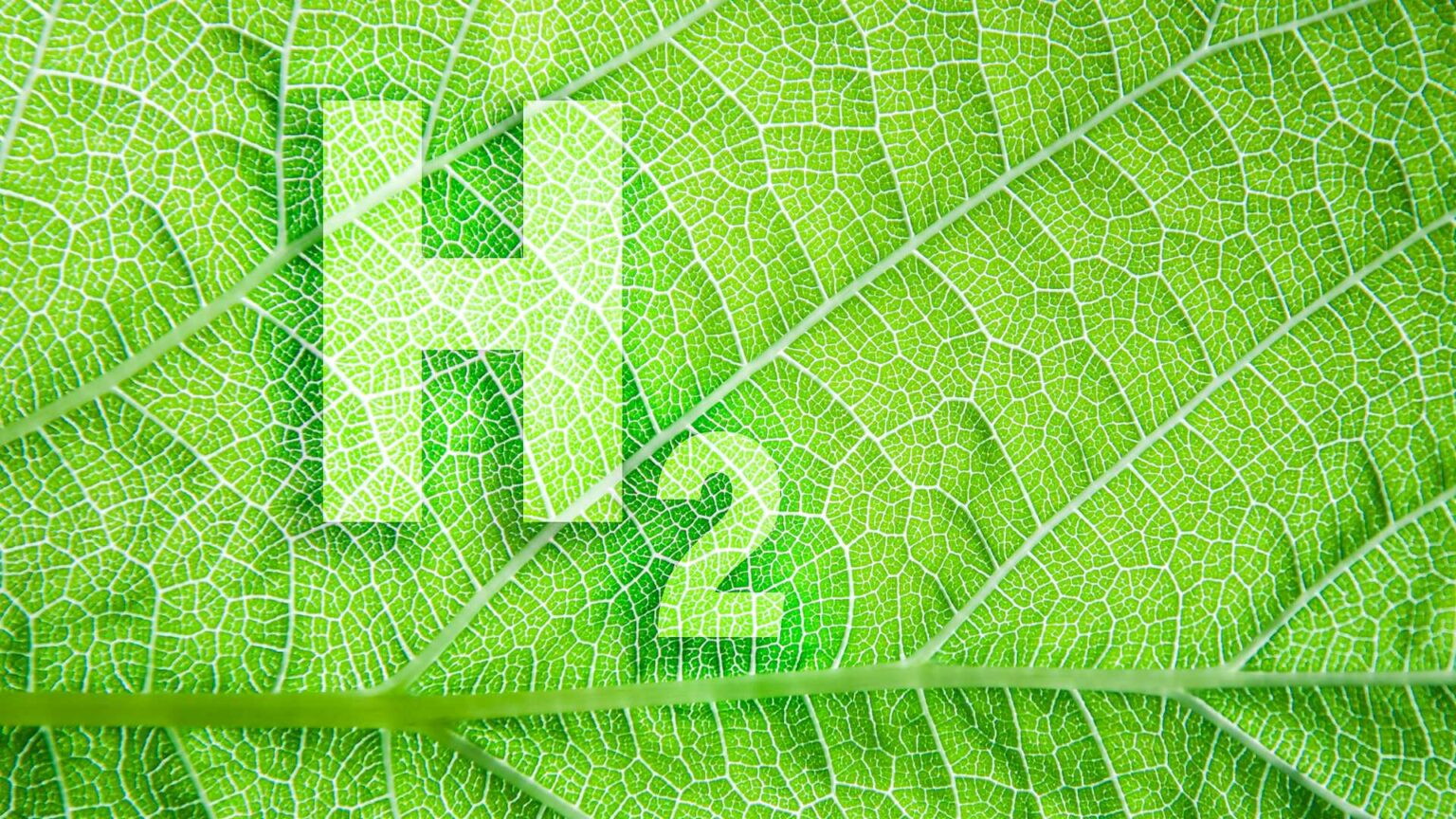Germany’s energy landscape is taking a significant leap towards advancing its hydrogen storage capabilities with EWE AG’s initiation of a pioneering underground hydrogen storage test.
This venture is part of the HyCAVmobil research project and focuses on exploring the dynamics and quality of hydrogen storage and retrieval. The trial commenced with the cavern’s filling in Ruedersdorf, Brandenburg, with approximately six tonnes of hydrogen.
This unique test combines elements of research, technology optimization, and data collection that promise to reshape the role of hydrogen in Germany’s energy ecosystem. The cavern in Ruedersdorf is at the heart of this ambitious trial.
Once the cavern is filled with hydrogen, the real experimentation begins. The testing period is set to last for a year, and the primary objectives are clear. Researchers and engineers aim to understand how hydrogen storage and retrieval operate within the underground cavern, fine-tuning the processes along the way.
Hydrogen purity is a vital factor in this research. Achieving near 100% purity is paramount for the potential applications of hydrogen, particularly in the fast-evolving mobility sector. Researchers will focus on assessing the moisture absorption of hydrogen underground and optimizing the drying system to achieve the required purity levels.
EWE’s commitment doesn’t end at the cavern’s construction. They are looking to seamlessly integrate hydrogen into Germany’s energy network, and the data on temperatures and pressures collected through a fiber optic cable and pressure sensors will provide invaluable insights into the injection and retrieval processes.
EWE isn’t embarking on this journey alone. They have a robust partnership with the Institute for Networked Energy Systems at the German Aerospace Centre (DLR). This collaboration brings a laboratory assessment of the hydrogen’s quality into play. Gas samples are collected before the cavern is filled and during its operation. These samples are then meticulously analyzed to ensure the desired purity.
The HyCAVmobil project is no small feat, with an estimated cost of approximately EUR 10 million (USD 10.59 million). EWE has demonstrated its dedication by contributing EUR 4 million from its own funds. The federal transport ministry has also provided a significant boost through the National Innovation Programme for Hydrogen and Fuel Cell Technology.
This research project is just one part of EWE’s extensive hydrogen-related endeavors. They have ambitious plans that include a 500-MW electrolyser in collaboration with Tree Energy Solutions (TES) in Wilhelmshaven port’s green energy hub, and a network of 200 hydrogen refueling stations across Germany.
EWE AG’s underground hydrogen storage trial is a testament to Germany’s commitment to unlock hydrogen’s full potential. As a versatile and clean energy carrier, hydrogen holds the key to transforming various industries and driving sustainability. This research initiative isn’t just a technological milestone; it’s a testament to Germany’s forward-thinking approach to energy and sustainability.





